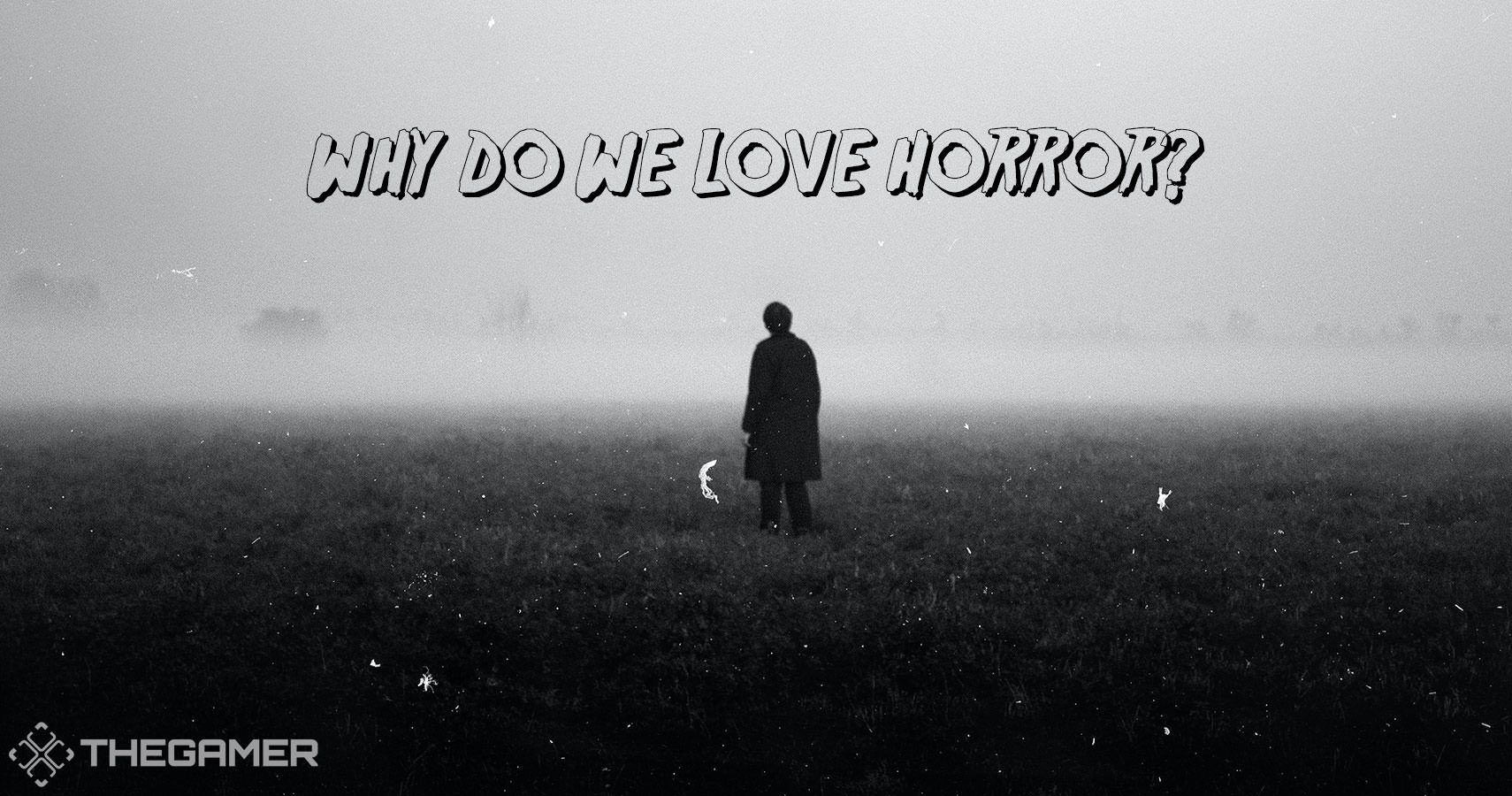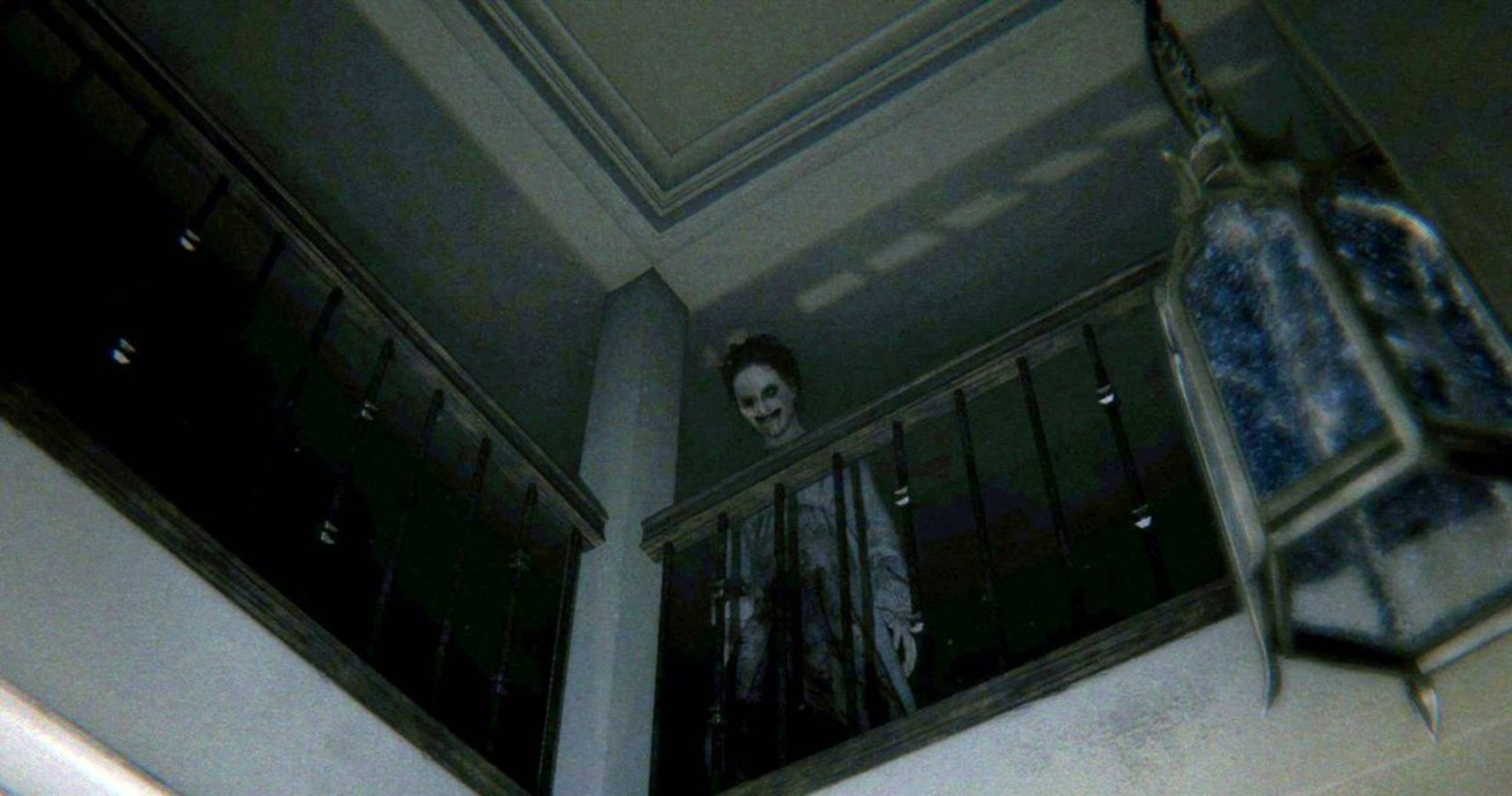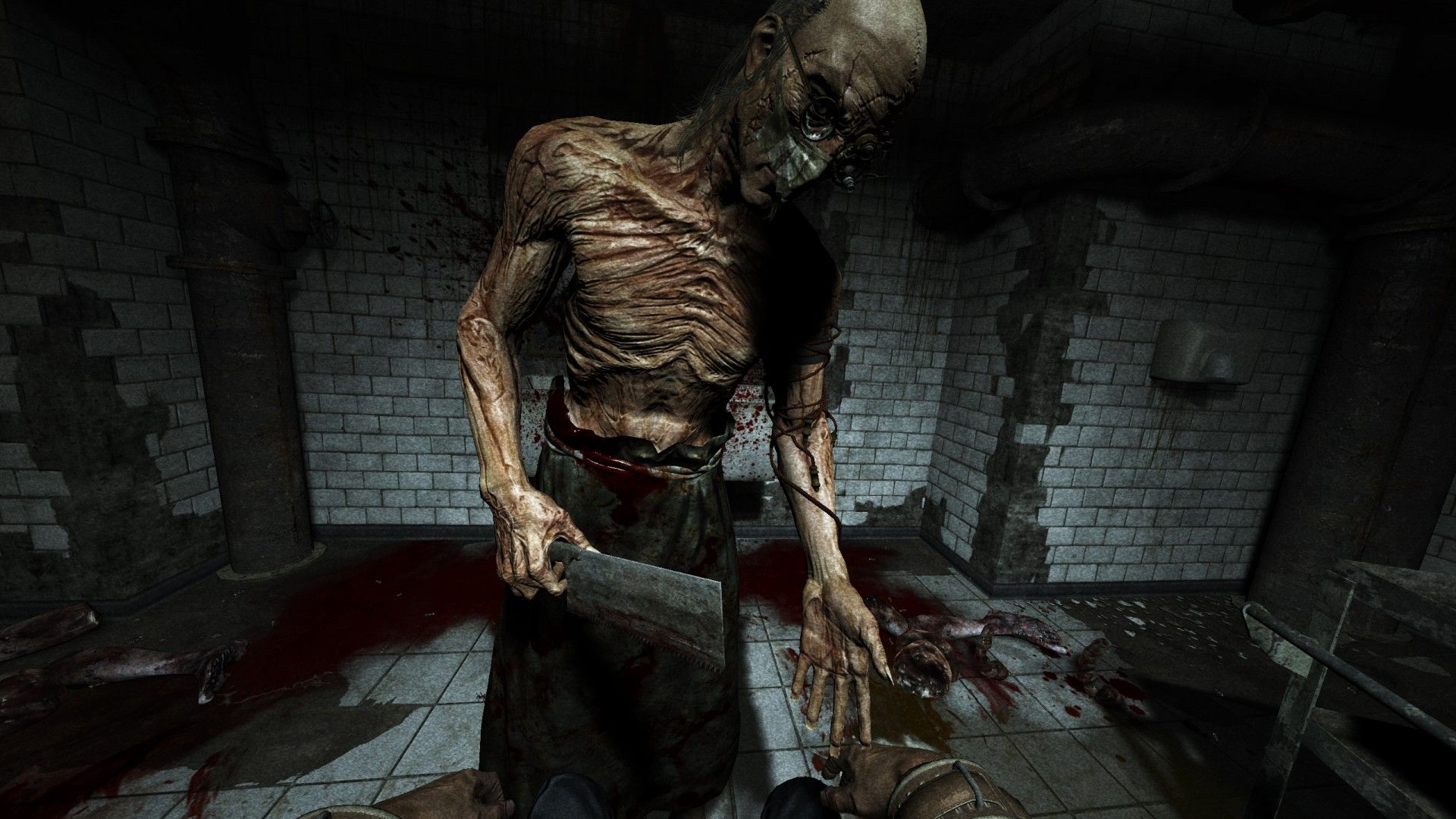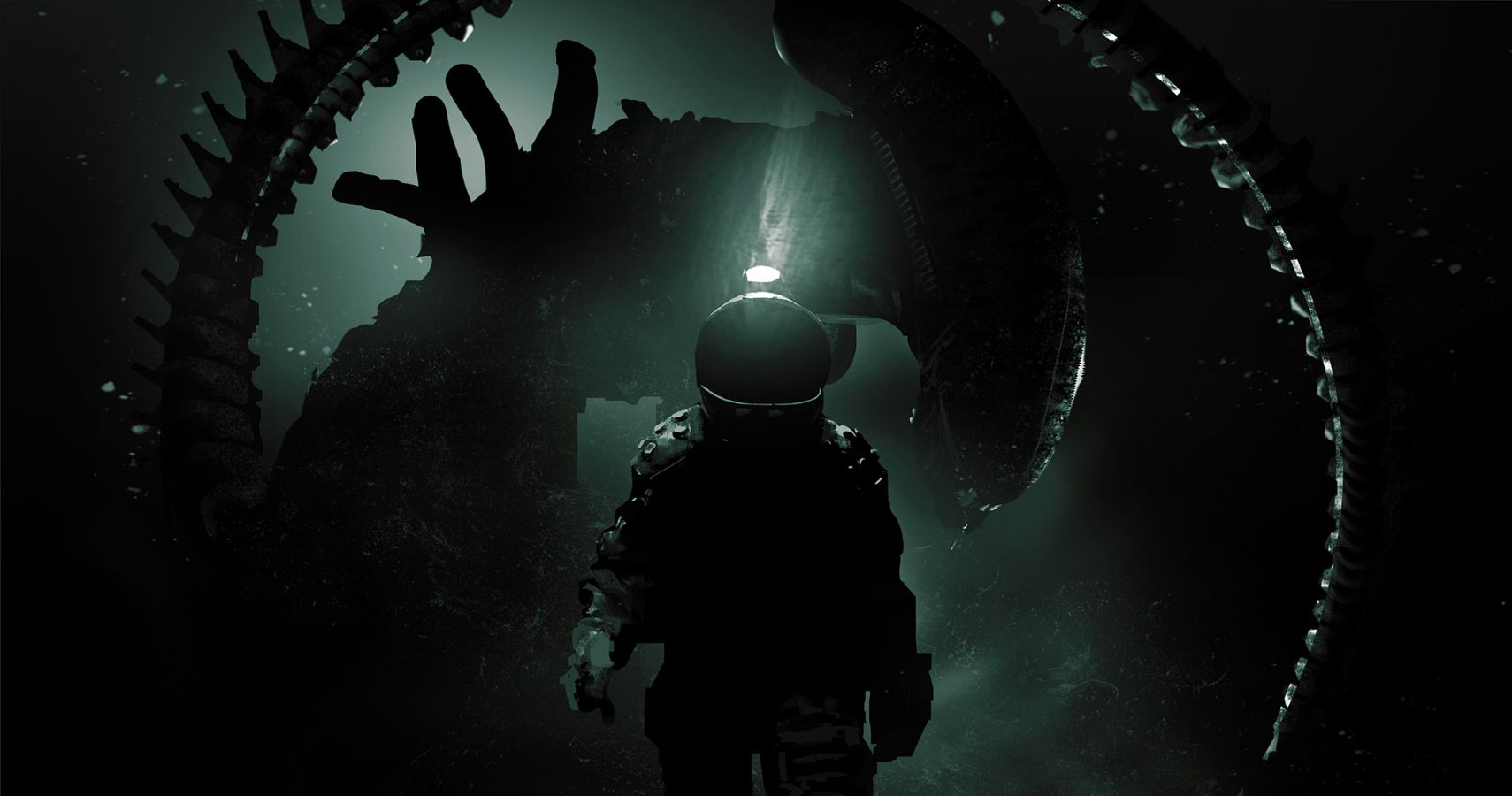It's spooky season, and that means a wave of new horror-themed games, films, and TV series are quickly descending upon us — it's every horror fanatic's favorite time of the year.
But if you're one of such horror fanatics, have you ever slowed down to think about why it's your favorite time of the year? Why you love this genre that paradoxically makes you feel absolutely terrified and yet keeps reeling you back in for more? One's love for horror can be a difficult thing to explain, especially to those who don't share it. But there are a bunch of perfectly reasonable psychological reasons as to why people get drawn to this genre.
Let's explore that dark and fascinating corner of your psyche, shall we?
The Horror Paradox
Horror induces a spectrum of feelings and physiological responses in us: increased heart rate, sweating, screaming, shoving our faces behind the shoulders of our watching companion. It can also leave you feeling anxious, disgusted, filled with dread, and of course, terrified. When horror is done well, it can even leave you with images (nightmares?) that stick with you in ways that non-scary visuals never could.
With that in mind, many people may be left wondering why you'd even want to feel those effects in the first place, why you'd actually go out of your way to achieve those uncomfortable sensations at all. It certainly seems bizarre that so many of us derive any kind of "enjoyment" out of, say, hearing the muffled screams of a baby emanating from inside a blood-drenched, chained-shut refrigerator suspended from the ceiling (looking at you, P.T.).
But as with anything to do with human psychology, it's not so simple.
Suspense & Release
One theory - excitation transfer theory - which we can trace back to the '70s, suggests it's a matter of suspense and subsequent relief when that suspense finally breaks. It's that classic (now very clichéd) sequence of the protagonist creeping through an all-too-quiet dark hallway that usually builds to some kind of jumpscare.
It's the relief provided by the eventual breaking of this silence that brings the coveted pleasurable sensations we often feel when playing horror games, or watching scary movies. It can feel euphoric, and become an enticing prospect.
And of course, the scarier it all is - or the more suspenseful it is - the greater our sense of relief ends up being: "with increasing suspense, the viewer has more to be relieved of," writes Dr. Dolf Zillmann and his colleagues.
Suspense & (A Lack Of) Release
These days, most self-proclaimed horror connoisseurs will agree that the typical suspense-plus-jumpscare sequence has become far too overused. Rather than a nice juicy fright, they're actually more likely to derive a mere eye-roll and disgruntled sigh out of you. What can be far more interesting is when there isn't some kind of relief or resolution after a sequence of suspense. There's evidence that enjoyment of horror isn't necessarily reliant on some obvious resolution of the suspense it creates. So what's that all about then?
It could be that the physiological effects themselves are rewarding. Your thumping heart; the goosebumps tickling your skin; that moment when you finally breathe a sigh of relief after realizing you were holding your breath - you could be deriving enjoyment from any of these things. It's been suggested that one's love for horror could be rooted in a hunger for a kind of sensation boost. In that case, the hunger is satisfied by any of these physiological tickles, presumably because they leave you feeling acutely aware of your own existence in the present moment. Put simply, they make you feel alive.
Catharsis
Similar to the idea of suspense and relief is the concept of catharsis, which involves a release of pent-up or suppressed negative emotions, and is often associated with watching horror films or playing scary games.
There could also be a factor of morbid curiosity mixed in. There seems to be a pattern among humans that reflects a fascination with things that are generally viewed as taboo. This fascination can often be repressed, though, because of the dodgy nature of its subject matter. Horror can provide a brief tour through those uncomfortable scenarios, thereby satisfying that curiosity. As Dr. Bryan Stone and fellow researchers point out, horror “confronts us with the disgusting and the fascinating simultaneously,” so it's no wonder it draws a lot of us in.
Are You A Sadist?
It may be tempting for some to think that loving this genre is indicative of a person being sadistic, but you certainly can't label everyone with a taste for terror that way. The appeal of horror is a super convoluted matter, and the theories we've explored here only scratch the surface of possible explanations for it. But one thing seems certain: there isn't anything wrong, at least psychologically, with loving horror. In fact, when done right, horror can be one of the most interesting, thought-provoking, and perspective-altering genres of them all.




